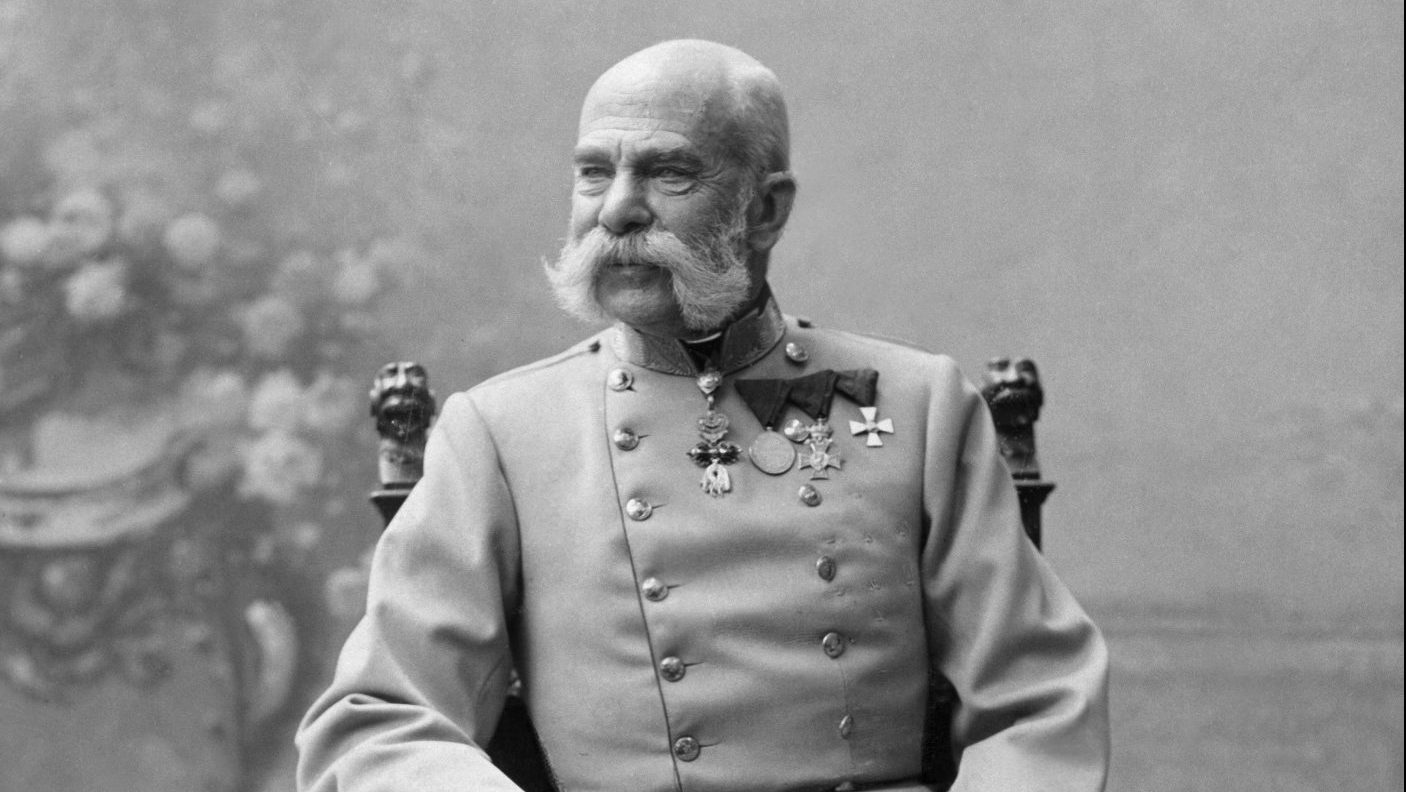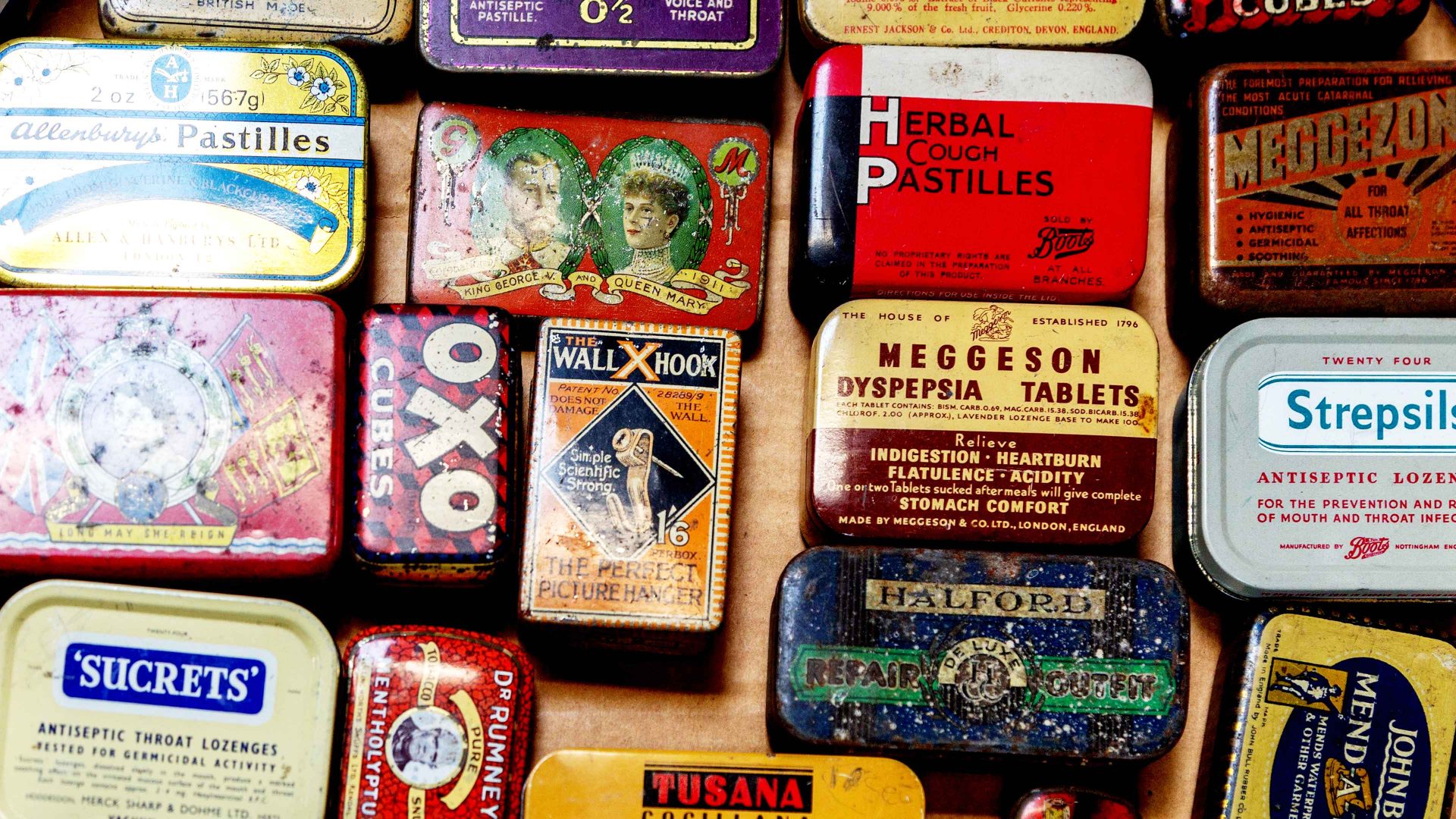In the long history of the Habsburgs there had never been a lower-key coronation.
By rights, as the new Emperor of Austria and King of Hungary, Franz Joseph should have enjoyed a sumptuous occasion in Vienna attended by the most important heads of state in Europe followed by a triumphant carriage ride through the capital along streets teeming with cheering citizens ahead of days of feasting and celebration.
Instead, on the chilly Sunday morning of December 2, 1848, the 18-year-old prince was crowned in a draughty Moravian castle at Olmütz, now Olomouc in the Czech Republic, ascending to the throne with only his immediate family, a few government officials and a handful of soldiers in attendance.
The wave of popular revolutions sweeping across Europe that year had made the future less certain than ever for the Habsburg monarchy. Such was the threat to established order, the royal family had been moved from Vienna to the relative safety of Olmütz where political manoeuvres were undertaken to replace the sickly and ineffective Emperor Ferdinand with his more dynamic young nephew.
The move was born out of desperation, a final throw of the imperial dice, and the prospects did not look rosy. Even the coronation date of December 2 was inauspicious, being the anniversary of Austria’s humiliating 1805 defeat by Napoleon’s Grand Armée at Austerlitz.
Nobody in Olmütz that day would have believed it, possibly not even the new emperor himself, but Franz Joseph would not only ride out the tumultuous wave of revolutionary fervour but remain on the throne for an unprecedented 68 years.
According to legend, as he left the ceremony that morning Franz Joseph wiped away tears and lamented, “farewell, my youth”. If true, it was not much of a youth to leave behind.
Franz – the “Joseph” was added at the coronation to invoke his great-granduncle Joseph II, a popular reformer – had been groomed for the job from birth. Even as a baby he was called Gottheiterl, “little deity”, and his imperial education preparing for the throne was startlingly rigorous.
By the age of seven he was having 32 hours of tuition every week in languages, religion and Habsburg history, and at 16 his studies, now including military training, stretched from six in the morning to nine at night every day except Sunday. An iron sense of imperial duty was drilled into him, turning Franz Joseph into arguably the best-trained monarch in the history of Europe.
Such intense focus on his imperial responsibility meant that nuance and shades of grey had no place in his thinking. The preservation of power was his priority throughout the empire and close to home: when his prime minister Prince Felix Schwarzenberg died suddenly in 1852 he was not replaced, Franz Joseph becoming effectively an absolute monarch.
As soon as he had ascended the throne, Franz Joseph set about putting down the insurrections and clamping down on any hint of liberalism with brutal force. This included reneging on constitutional agreements to allow Hungary more autonomy, prompting an assassination attempt by a young Hungarian tailor who attacked Franz Joseph with a knife as he walked in the grounds of the Hofburg in Vienna four years into his reign. Only the elaborate, gold-braided collar of his jacket saved the emperor, possibly also preventing a very different future for Europe itself.
In the early part of his reign, Franz Joseph’s absolutism backfired regularly, triggering the long, drawn-out death of the Habsburg monarchy. Choosing neutrality in the Crimean war cost him the vital and long-standing support of Russia. When he took personal command of Austrian forces at the Battle of Solferino in 1859 it led to catastrophic defeat and the ceding of imperial lands in northern Italy. Further military setbacks during the 1860s allowed Prussia to become the major power in the region, Habsburg Austria becoming effectively a junior partner.
This weakened position also forced a series of compromises with Hungary that made both nations equal partners in the fading empire. The concessions allowed to Hungary wakened latent nationalistic feelings elsewhere in an empire where 10 languages were spoken and every European religion was represented. The Czechs and Southern Slavs were particularly vociferous in their demands for greater autonomy, an issue that, alongside the increasing industrialisation of the empire, occupied Franz Joseph for the rest of his reign.
With age came more of a willingness to compromise. Although a fiercely loyal Catholic, Franz Joseph relaxed the church’s grip on the spiritual well-being of the empire in favour of open worship. Jews and Muslims in particular benefited from imperial protection of their right to worship.
As the 20th century approached, however, the increasing bureaucracy of Franz Joseph’s state apparatus stymied the solution of many of the serious social and economic problems facing the empire. Industrialisation had widened the economic gap between richer and poorer regions of the empire with nobody apparently willing to take responsibility for vital change. The term Fortwursteln, “muddling through”, was attached to the emperor’s style of government as the most powerful dynasty in the history of Europe saw its borders shrinking and influence ossifying.
From the 13th century the Habsburgs had, through political machination and expedient marriages, not to mention a significant amount of chicanery, come to rule swathes of Europe, from duchies to empires, from Holland to Spain, Romania to Belgium. That glorious imperial story would effectively end with Franz Joseph.
The blame cannot be laid solely at his feet, but the longer he lived the more anachronistic his rule became. Social and economic forces elsewhere in Europe were rapidly outpacing the old emperor, who gradually withdrew from decision-making and remained in his Schönbrunn palace in Vienna, his transformation from the decisive, autocratic young monarch to whiskery old duffer all but complete. His love of the military and their frequent parades put him at odds with the blooming cultural liberalism transforming the city beyond his palace windows. He showed no interest in art or music. He didn’t understand it. He was a 19th-century man in a 20th-century world.
If Franz Joseph sensed that six centuries of Habsburg greatness was dying with him, he chose not to fight it, giving in to the cultural, economic and political forces that had been swirling around him for decades, almost sleepwalking through the events that led to the outbreak of the first world war that would end the empire two years after his death.
“If we really have to go under,” he said at the sunset of his life, “then we should at least go decently.”




